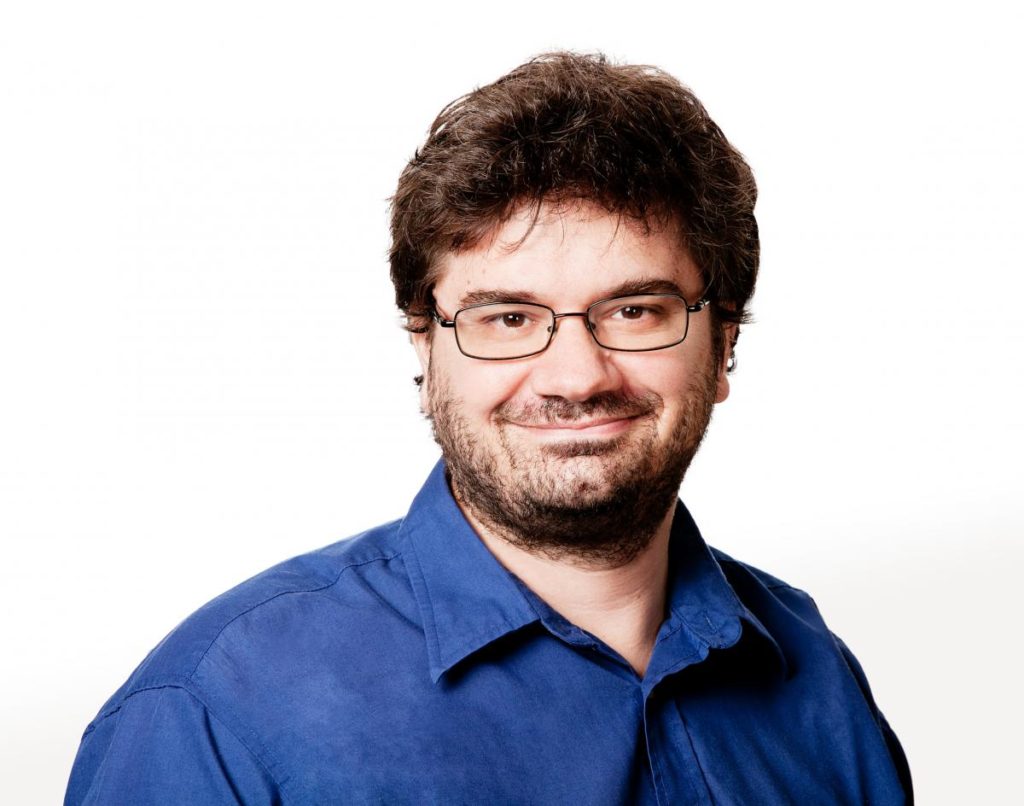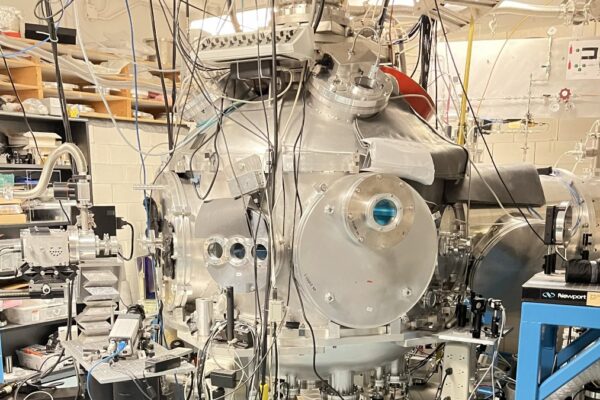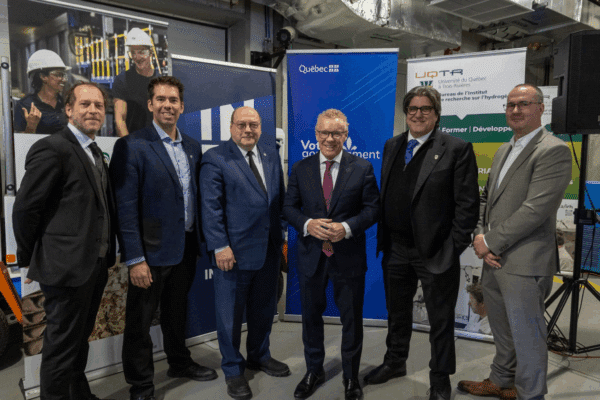- Awards and Distinctions
-
YOU ARE
- Community member
- Future Student
- Student
- Professor
- Alumni
- Media
- Guidance counsellors
- INRS retiree
- Contact Us
- Newsroom
- Careers
- FR
-
Studies
We teach the next generation of researchers to develop scientific, social, and technological innovations.
-
Research
We find solutions through interdisciplinary research and industry or public and community partnerships.
-
INRS
We play an active role in Québec's economic, social, and cultural development.
Professor Federico Rosei, director of the INRS Énergie Matériaux Télécommunications research centre, has been elected to the European Academy of Sciences (EURASC).
This international organization brings together eminent researchers and engineers wishing to work together to promote science and technology and contribute to social and economic development.Professor Rosei is recognized around the world for his research in the field of nanomaterials. He is the first INRS researcher to become a member of EURASC.

“Professor Rosei’s membership in EURASC is a great honour and a symbol of recognition by some of his most distinguished peers. He is a brilliant researcher who is deeply involved in the science community and he contributes not only to advancing knowledge in various aspects of material physics, but also to promoting INRS across the country and around the world. Our university is privileged to be able to benefit from his tremendous expertise.”
Daniel Coderre, Rector of INRS
Laureate of the 2014 E.W.R. Steacie Memorial Fellowship from NSERC, Professor Rosei is also the recipient of the Alexander von Humboldt Foundation’s 2010 Friedrich Wilhelm Bessel Research Award, the 2011 Rutherford Memorial Medal in Chemistry from the Royal Society of Canada, the Herzberg Medal from the Canadian Association of Physicists, and the Award for Research Excellence in Materials Chemistry from the Canadian Society for Chemistry.He is also a fellow of the American Association for the Advancement of Science; the Australian Institute of Physics; the Royal Society of Chemistry; the Institute of Materials, Minerals and Mining; the Institute of Engineering and Technology; the Institute of Nanotechnology in the U.K.;and the Engineering Institute of Canada.
The European Academy of Sciences (EURASC) is an independent non-profit, non-governmental organization aimed at establishing international collaboration between scientists, researchers, engineers, and governments. With 650 members, including a number of Nobel laureates, EURASC encourages interaction between basic and applied research and knowledge transfer. Its offices are located in Liège, Belgium.
You may also like


February 27, 2014
Energy transition: A new research platform drives INRS and its partners
February 27, 2014
Modeling the deposition of metal nitride thin films by sputteringShare
